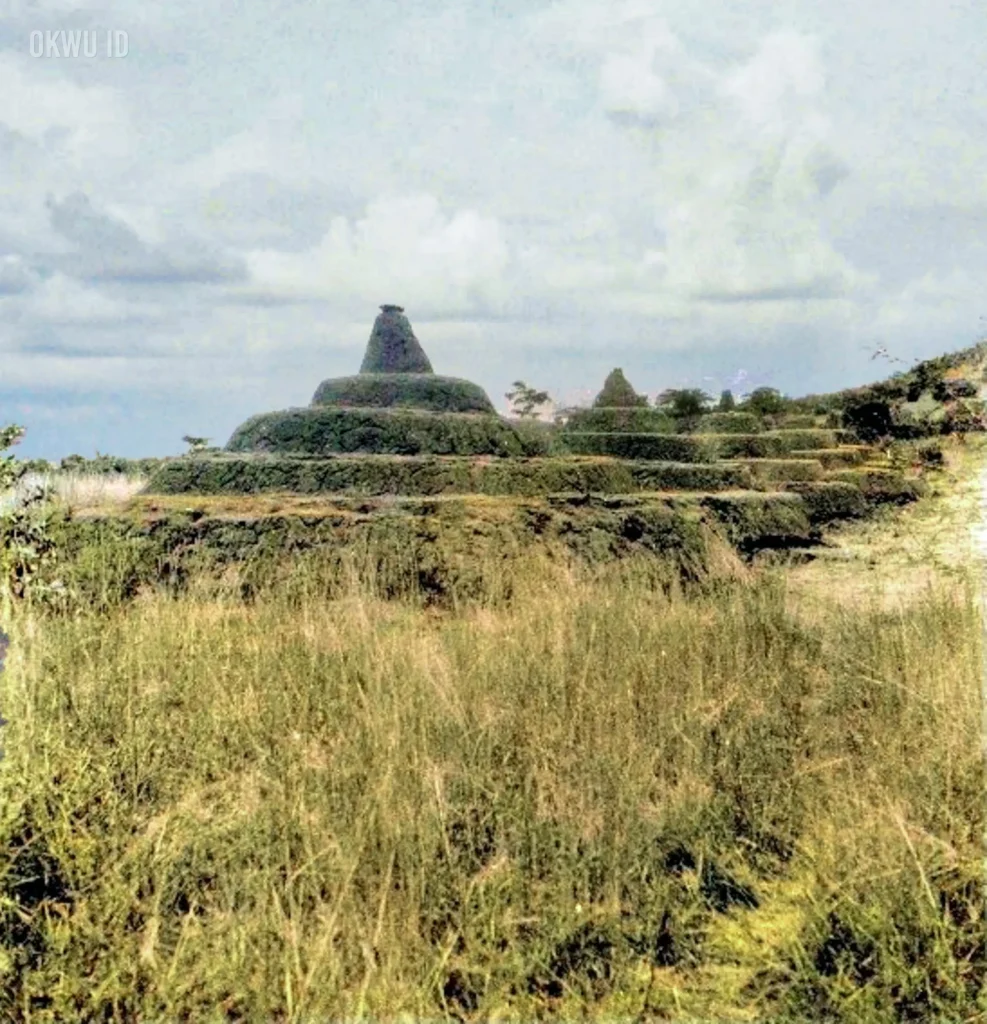
AI Overview
New archaeological findings suggest that Igbo civilization may date back to 3000 BCE. This is based on the discovery of pyramids in Ogidi,Nsude, Enugu State, Nigeria, believed to be nearly 5,000 years old. These structures, similar to those in ancient Egypt, point to a shared spiritual and architectural heritage. Additionally, pottery and tools from the Nsukka and Afikpo regions of Igboland, also dating back to around 3000-2500 BCE, show similarities with later Igbo work.
Pottery dated from around 3,000–2,500 BC showing similarities with later Igbo work was found at Nsukka, and Afikpo regions of Igboland in the 1970s, along with pottery and tools at nearby Ibagwa; the traditions of the Umueri clan have as their source the Anambra valley.
Here’s a more detailed look:
- Pyramids in Ogidi, Nsude:
The discovery of pyramids in Ogidi, Enugu State, suggests an early presence of sophisticated architectural and spiritual practices among the Igbo people.

- Shared Heritage with Egypt:
The similarity between the pyramids and those of ancient Egypt suggests a shared heritage and potentially cultural exchange.
- Pottery and Tools in Nsukka and Afikpo:
Pottery and tools found in Nsukka and Afikpo, dating back to 3000-2500 BCE, further support the idea of an early Igbo civilization.
- Evidence of Metalworking:
Evidence of early iron smelting has been found in the Nsukka region, dating back to 750 BC at the site of Opi and 2000 BC at the site of Lejja.
- Igbo Ukwu:
The famous Igbo Ukwu site, known for its bronze works, is also believed to have existed during this early period, though recent radiocarbon dating suggests the site may be somewhat younger than previously thought.

Leave a Reply